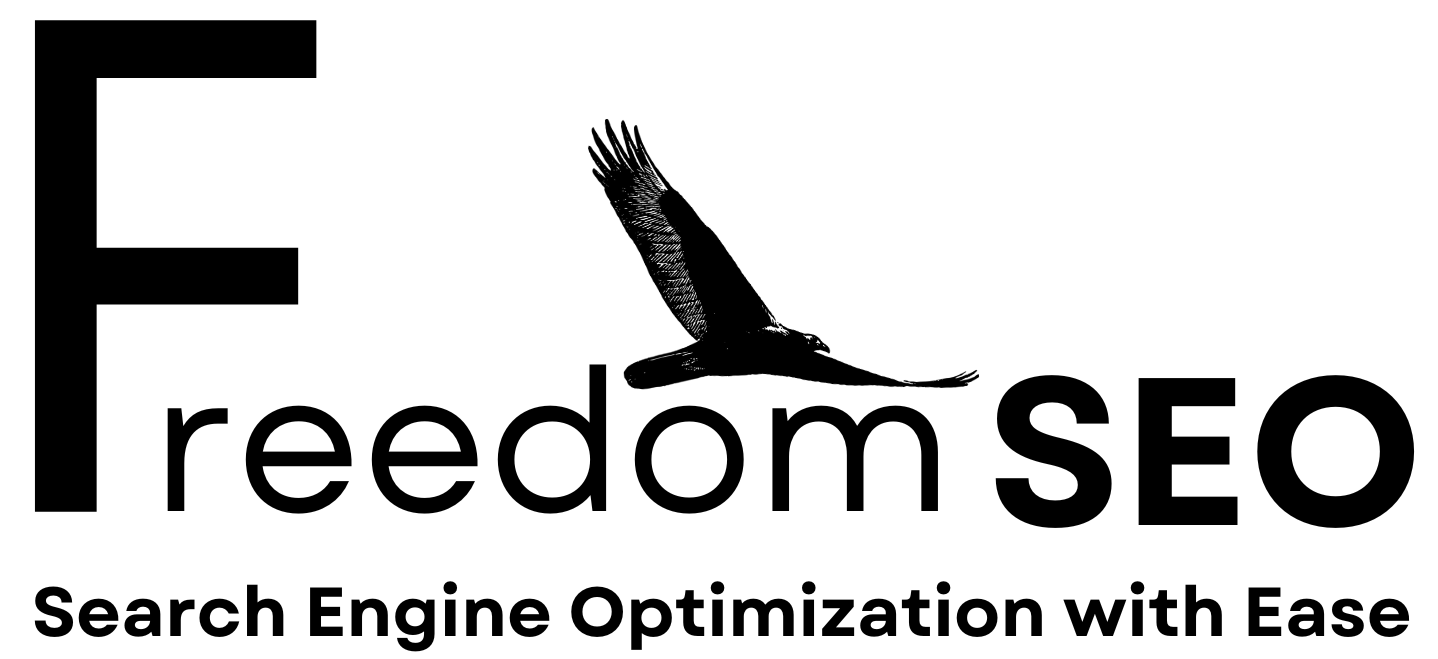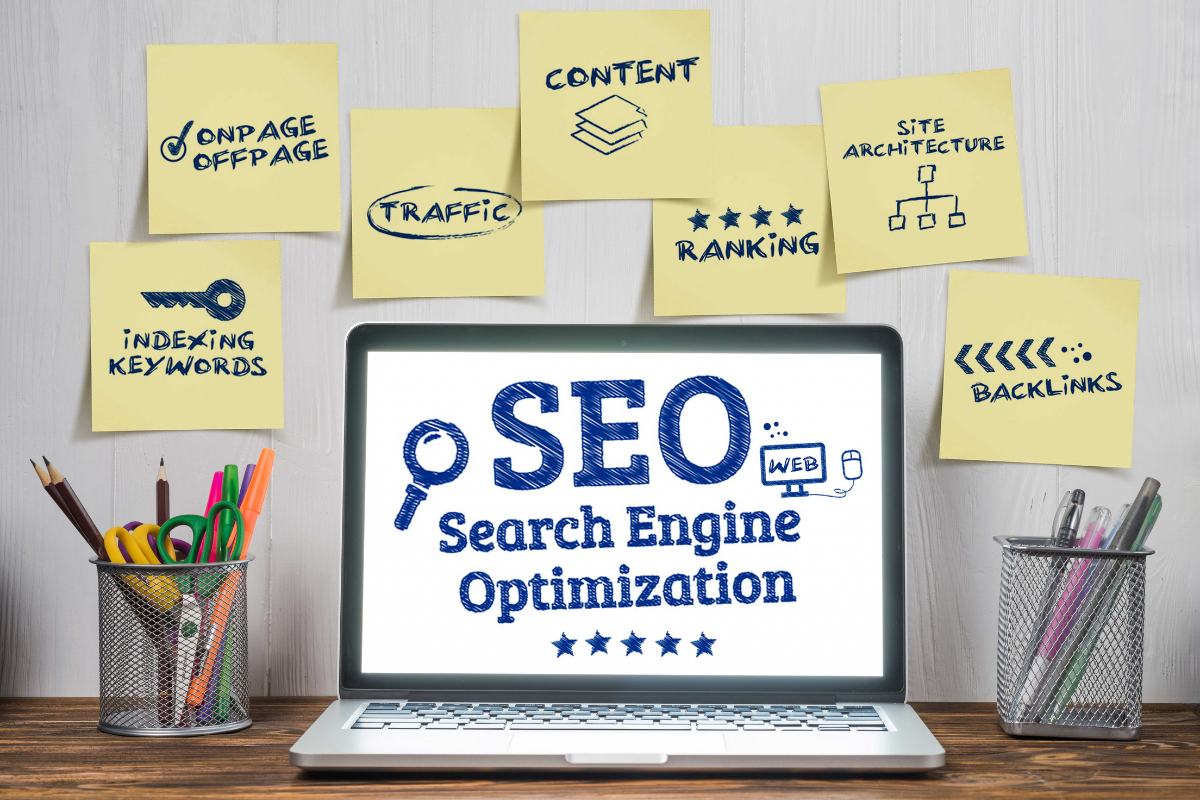What is Organic Traffic? Understanding Its Importance

Organic traffic sounds pretty straightforward—people land on your website through regular Google searches without clicking on ads. Except, there is more going on beneath the surface than most realize. In fact, websites on the first page of search results capture up to 95 percent of total web traffic , making the difference between obscurity and massive digital reach almost invisible to the untrained eye. You might think getting organic visitors is all luck or timing, but it actually depends on a hidden mix of content, strategy, and search engine trust.
To clarify the differences between organic traffic and other types of web traffic, the table below compares their defining characteristics.
| Traffic Source | Definition | Method of Arrival | Cost to Acquire |
|---|---|---|---|
| Organic Traffic | Visitors from unpaid search engine results | Search engine query, algorithmic ranking | No direct payment |
| Paid Traffic | Visitors from paid advertisements in search results or platforms | Clicking search ads or sponsored links | Ongoing ad spend |
| Direct Traffic | Visitors who enter website URL directly into their browser | Typing URL or using a bookmark | No ad spend, organic |
| Referral Traffic | Visitors coming from links on external websites | Following a link from another website | No ad spend, partnership |
| Social Traffic | Visitors from social media platforms | Clicking links shared on social channels | No direct payment, organic or paid |
Table of Contents
Quick Summary
| Takeaway | Explanation |
|---|---|
| Organic traffic is unpaid visitors. | It represents users arriving via search results without any paid advertising influencing their visit. |
| Quality content drives organic traffic. | Search engines prioritize relevant, high-quality content, leading to better visibility and engagement. |
| SEO is essential for visibility. | Effective search engine optimization enhances rankings and attracts quality organic visitors over time. |
| Organic growth is cost-effective. | Businesses benefit from reduced acquisition costs and sustained visibility without ongoing ad spend. |
| User intent matters for rankings. | Search algorithms value comprehensive answers to user queries, rewarding content that meets their needs. |
Defining Organic Traffic: What Does It Mean?
Organic traffic represents the visitors who arrive at your website through unpaid search engine results , reflecting genuine user interest and search relevance. When someone enters a query into Google and clicks on your website’s link from the natural search results, that counts as organic traffic.
The Fundamental Nature of Organic Search
Understanding organic traffic begins with recognizing how search engines operate. Google Analytics defines organic traffic as website visits generated through search engine results that are not influenced by paid advertising. This means users find your content through natural, algorithm-driven search rankings .
Key characteristics of organic traffic include:
- Driven by content relevance and search engine optimization (SEO)
- No direct payment required for generating these visits
- Reflects genuine user interest in your website’s content
- Typically represents higher-quality, more engaged website visitors
How Organic Traffic Differs from Other Traffic Sources
To fully comprehend organic traffic, it’s crucial to distinguish it from alternative traffic channels. Unlike paid search results (where businesses pay for advertisement placement) or direct traffic (users typing your website URL directly), organic traffic emerges from strategic content creation and search engine optimization .
SEMrush research suggests that websites with strong organic traffic typically demonstrate superior content quality, relevance, and user engagement. Search engines reward websites that provide valuable, informative content by ranking them higher in search results, which consequently attracts more organic visitors.
Successful organic traffic generation requires a comprehensive approach: creating high-quality, relevant content, optimizing website structure, improving page load speeds, and developing a strategic keyword approach that matches user search intent.
The Importance of Organic Traffic for Businesses
Organic traffic serves as a critical lifeline for businesses seeking sustainable online growth and digital visibility. Unlike paid advertising strategies that require continuous financial investment, organic traffic represents a cost-effective and long-term approach to attracting potential customers .
Cost-Effectiveness and Sustainable Growth
Search Engine Journal highlights that organic traffic generates significantly higher return on investment compared to paid marketing channels. For Canadian businesses operating with limited marketing budgets, understanding organic traffic becomes a strategic imperative.
Key economic advantages of organic traffic include:
- Reduced customer acquisition costs
- Sustained website visibility without ongoing advertising expenses
- Higher conversion rates from genuinely interested visitors
- Long-term brand credibility and authority development
Building Long-Term Digital Authority
Organic traffic is not merely about immediate website visits but about establishing digital reputation and expertise . Search engines reward websites that consistently produce high-quality, relevant content by improving their rankings. This means businesses investing in organic traffic strategies are simultaneously building their online brand presence.
Moz Research indicates that websites ranking on the first page of search results receive approximately 95% of web traffic, underscoring the critical importance of organic search positioning.
Successful businesses recognize that organic traffic represents more than statistical metrics – it reflects genuine user interest and demonstrates a company’s ability to provide valuable, informative content that directly addresses user needs. Read more about how search engines evaluate website quality to understand this complex digital ecosystem.
By prioritizing organic traffic strategies, businesses transform their websites from passive digital brochures into dynamic, engaging platforms that consistently attract and retain potential customers.

How Organic Traffic Works: The Mechanisms Behind It
Organic traffic operates through a complex digital ecosystem where search engines meticulously evaluate and rank web content based on multiple sophisticated criteria. Understanding these mechanisms helps businesses strategically position their online presence to attract genuine visitor engagement.
Search Engine Crawling and Indexing
Search Engine Land explains that search engines use automated programs called “crawlers” or “spiders” that systematically browse websites, analyzing content, structure, and relevance. These digital explorers map the internet by following links between pages, creating a comprehensive index of available web content.
Key components of the crawling and indexing process include:
- Discovering new and updated web pages
- Analyzing page content, metadata, and structural elements
- Determining page relevance and potential search rankings
- Storing information in massive searchable databases
Ranking Algorithms and User Intent
Search engine algorithms transform raw website data into meaningful search results by considering hundreds of ranking factors. These complex computational models assess not just keyword matching, but also user experience, content quality, website authority, and contextual relevance .
Understanding key performance indicators becomes crucial in comprehending how websites can improve their organic visibility. Factors like page load speed, mobile responsiveness, content depth, and user engagement signals significantly influence a website’s search ranking potential.
Modern search algorithms have evolved to prioritize user intent over simple keyword matching. This means websites that provide comprehensive, valuable answers to specific user queries are more likely to achieve higher organic search rankings. Search engines aim to connect users with the most relevant, high-quality content available, rewarding websites that genuinely serve user needs.
Key Concepts Related to Organic Traffic: SEO, Content, and More
Organic traffic success hinges on understanding interconnected digital marketing strategies that go far beyond simple keyword placement. Businesses must develop a holistic approach that integrates technical optimization, high-quality content creation, and strategic user engagement.
Search Engine Optimization Fundamentals
Search Engine Journal defines SEO as a comprehensive process of optimizing digital content to improve visibility and ranking in search engine results. Effective SEO involves multiple sophisticated strategies that help websites communicate their relevance and value to search engine algorithms.
Key SEO optimization areas include:
- Technical website infrastructure
- Content quality and relevance
- User experience and site performance
- Authoritative backlink development
- Mobile responsiveness and accessibility
Content Quality and Strategic Development
Content remains the cornerstone of organic traffic generation . Understanding how to create helpful content becomes critical for businesses seeking to attract and retain online visitors. Modern search algorithms prioritize websites that provide comprehensive, authentic, and user-focused information.
Google’s Content Guidelines emphasize creating people-first content that genuinely addresses user questions and provides meaningful insights. This means moving beyond keyword stuffing and developing nuanced, expertly crafted content that demonstrates true subject matter understanding.
Successful organic traffic strategies recognize that content is not just about information, but about creating meaningful connections . By consistently delivering valuable, targeted content that speaks directly to user needs, businesses can transform their websites from passive information repositories into dynamic engagement platforms.
Measuring Organic Traffic: Understanding Metrics and Tools
Accurately measuring organic traffic transforms digital marketing from guesswork to strategic decision making. Businesses need robust analytical approaches to understand how users discover and interact with their online content, enabling continuous performance improvement and targeted optimization strategies.
Essential Organic Traffic Metrics
Google Analytics Academy provides comprehensive guidance on tracking critical organic traffic indicators. Sophisticated measurement goes beyond simple visitor counts , requiring nuanced examination of user behavior and engagement patterns.
Key organic traffic metrics include:
The following table summarizes key metrics businesses should track to measure and optimize organic traffic performance.
| Metric | Description | Value for Business |
|---|---|---|
| Total Organic Search Visitors | Number of users arriving via unpaid search results | Gauges organic reach and demand |
| Bounce Rate | Percentage of visitors leaving after viewing one page | Indicates engagement quality |
| Time Spent on Page | Average duration visitors view a specific page | Reveals content relevance |
| Conversion Rate from Organic Source | Percentage of organic visitors completing desired actions | Measures lead or sales effectiveness |
| Pages per Session (Organic) | Average pages viewed by organic visitors during a session | Suggests depth of user exploration |
| Source/Medium of Organic Traffic | Identifies which search engines or sources drive traffic | Helps refine SEO and content focus |
- Total number of organic search visitors
- Bounce rate and time spent on page
- Conversion rates from organic traffic sources
- Pages per session for organic visitors
- Source and medium of organic traffic
Advanced Analytics and Tracking Tools
Web analytics platforms offer powerful insights into organic traffic performance . Learn more about converting website visitors to understand how these metrics translate into tangible business outcomes.
Ahrefs research reveals that successful businesses use multiple tools to gain comprehensive visibility into their organic search performance. Modern analytics platforms provide granular data about user demographics, search queries, and content interaction patterns.
Effective organic traffic measurement requires a holistic approach that combines quantitative metrics with qualitative user experience insights. By continuously monitoring and interpreting these data points, businesses can refine their digital strategies, improve content relevance, and ultimately drive more meaningful user engagement.
Ready to Turn Organic Traffic Into Real Business Growth?
You have just learned why organic traffic is not only vital for your Canadian business, but also how it signals the true interest of potential customers. If you are struggling with being hidden on search engines, feeling stuck with low website traffic, or are unable to reach the top results on Google despite your efforts, know that you are not alone. Many business owners find it difficult to keep up with complex SEO, content strategies, and Google ranking algorithms. Your goal is simple: you want more eyes on your website, more calls, and more sales.

Take control of your online presence and let the Freedom SEO team help you get your business to the top 3 on Google. We understand exactly how organic rankings work and specialize in managed SEO services , professional Google Business Profile setup, and building custom websites that convert visitors into customers. Don’t let another month go by where your website remains invisible. Visit our homepage to get started, or reach out now for a free SEO consultation. Your audience is searching. It is time they find you.
Frequently Asked Questions
What is organic traffic?
Organic traffic refers to website visitors who arrive via unpaid search engine results, reflecting genuine user interest in your content.
How does organic traffic differ from paid traffic?
Unlike paid traffic, which comes from advertisements you pay for, organic traffic is generated through search engine optimization (SEO) efforts and reflects the natural ranking of your website’s content in search results.
Why is organic traffic important for businesses?
Organic traffic is cost-effective and contributes to sustainable growth, higher conversion rates, and long-term brand authority without the need for ongoing advertising spending.
How can I improve my organic traffic?
To improve organic traffic, focus on creating high-quality, relevant content, optimizing your website structure, enhancing page load speeds, and developing a strategic keyword approach that aligns with user search intent.
Recommended

















